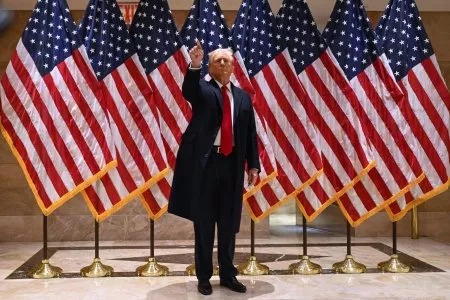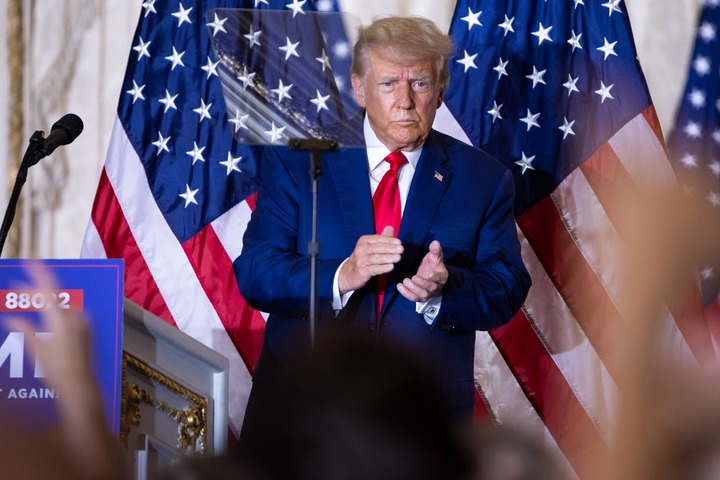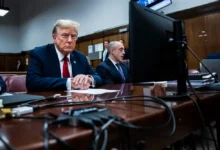
As the debate intensifies over the extent of immunity for former President Donald Trump, legal experts issue stark warnings about the potential fallout of granting him full immunity. ( 📈 Navigating AI in 2024: Caution Against Hallucinations, Identify Issues Precisely, and Preserve the Human Connection at All Costs ) The ramifications are far-reaching, with concerns raised about the possible crippling effects on government functionality and the erosion of accountability and the rule of law. The central question revolves around whether a former president should be shielded from prosecution for actions taken while in office, a contentious issue that pits safeguarding the presidency against the risk of political interference and weakened democratic governance.

Legal experts caution that providing Trump with absolute immunity sets a perilous precedent, undermining fundamental checks and balances crucial to a democratic society. This decision, if made, could erode public trust in the judiciary’s ability to hold officials accountable, potentially leading to a crisis of legitimacy. The consequences extend beyond legal considerations, impacting the government’s operational capacity. Scholars warn that unscrutinized executive immunity claims could immunize the government from accountability, jeopardizing the constitutional separation of powers and risking a breakdown in governance.
The delicate balance between upholding accountability principles and preserving the presidency’s integrity becomes apparent as legal scholars emphasize the need to avoid unchecked immunity. (news-us.feednews.com) While respecting executive authority is crucial, ensuring that no individual, regardless of position, is immune from legal scrutiny is equally imperative. The debate surrounding Trump’s immunity underscores broader tensions between executive power and legal oversight in the American political system.
As the judiciary grapples with this complex issue, it must weigh the conflicting interests of preserving executive prerogatives and upholding the rule of law. The outcome holds profound implications for not just the Trump presidency but also the future of democratic governance in the United States. Warnings directed at judges highlight the gravity of the decision, urging careful consideration of its implications for democratic institutions and the rule of law. Navigating this intricate legal terrain requires judges to ponder the long-term effects of their rulings on executive accountability and the balance of power within the American political system.
In essence, the debate over Trump’s immunity is a critical juncture reflecting the broader tensions between executive power and legal oversight. The decision reached will reverberate through the years, shaping the contours of executive accountability and the delicate balance of power within the American political system. The stakes are high, and as the judiciary grapples with this decision, the emotional and political maturity of the American audience adds another layer of complexity to an already intricate debate. ( 📰 A Comprehensive Guide to Oil Rig Injury Lawyers: Your Key to Legal Assistance )

